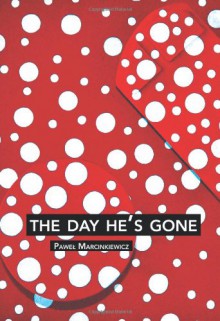These poems are remarkable. They are love letters to the act of living. They are post-Cold War missives written at the cusp of the Twenty-First Century. They also constitute a sly Eastern European tribute to the poets of the New York School. But even more, and best, they are a revealing mirror of...
show more
These poems are remarkable. They are love letters to the act of living. They are post-Cold War missives written at the cusp of the Twenty-First Century. They also constitute a sly Eastern European tribute to the poets of the New York School. But even more, and best, they are a revealing mirror of this poet’s acute observing eye and fiercely wry intelligence. Mary Jo Bang Deftly rendered from the Polish by Piotr Florczyk, the street-smart poems of Paweł Marcinkiewicz encounter supermarkets, knives, plastic bags, birches, skyscrapers, bears, churches, moons, Fiats, and cosmodogs with a humor and grace that ‘comes out of emptiness and maims the light.’ Like Szymborska, this poet finds uncanny depths in the ordinary until the poems generate an ‘iridescent glow, anthem, flight, scream, blood, now.’ Mark Irwin Paweł Marcinkiewicz has a sly wit that leaps across linguistic barriers. One of his poems goes to town—to the town of Opole, Poland, that is—with Frank O’Hara’s “The Day Lady Died” as its New York model. A poem in memory of Joseph Brodsky borrows pointedly from Auden’s elegy on Yeats. But I think I like most the threatening lyricism that breaks into his “Lullaby”: “Sleep deeply. You will not scream in flames. / Sleep now. The flame cannot wake you. Not even a flame can wake you.” David Lehman
show less

